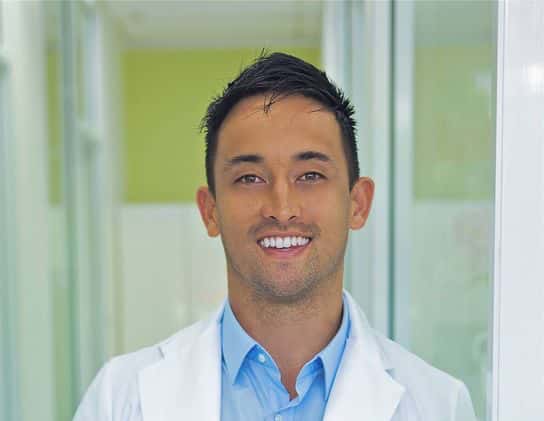
How the Dental Diet Can Lead to Better Health
Imagine a dental diet designed to keep your teeth and gums in good health. What does it look like? Does it have any impact on your health beyond the limit of your tongue?
A Dentist Champions the Dental Diet for Overall Health:
Few people realize that there is a strong connection between gum infection (periodontitis) and systemic conditions like diabetes and heart disease. Even fewer might consider how the foods we eat affect the microbes that live in our mouths. Yet the oral microbiota has a powerful influence on the health of our gums as well as our teeth. Consequently, the influence of our diet reaches far beyond the mouth and affects our entire body. Our guest, Dr. Steven Lin, practices integrative dentistry in Australia and sees the effects in his patients’ lives.
Not Just Sugar:
When we were kids, the dentist told us not to eat too much candy because that could cause cavities. Dr. Lin has examined the reports of Dr. Weston A. Price from the early 20th century. Dr. Price traveled the world collecting data on diet and dentition. He concluded that many orthodontic problems appear only when people adopt a “Western” diet full of processed foods. Apparently giving children food that must be chewed encourages the proper development of jaws with space for well-aligned teeth.
What Is Activator X?
Dr. Price referred to a mysterious dietary compound he called activator X. Decades later, scientists concluded that activator X is vitamin K2. What are the best food sources for this little-known vitamin? How does it alter oral health?
You may have learned that vitamin K is the vitamin in green leafy vegetables that promotes proper clotting of blood. That is vitamin K1. Vitamin K2 is found primarily in fats from grass-fed animals, such as butter, ghee, cream and whole milk.
Whole Foods as the Pillars of the Dental Diet:
Keeping our mouths healthy and our oral microbiota balanced has a positive impact on health throughout the life span. Young children, seniors and people between those extremes all benefit from a diet based primarily on whole foods with few if any processed foods.
Here are some basic Dos and Don’ts for the dental diet:
- Stay away from sugar.
- Don’t eat refined carbohydrates.
- Refined vegetable oils (canola, corn, cottonseed, sunflower, etc.) are not beneficial.
- Make sure to get some foods rich in vitamin K2. These include fats from grass-fed animals as well as fermented foods like sauerkraut, kimchi or natto. Bacteria make vitamin K2 as well.
- Do eat foods with fat-soluble vitamins, including A, D, and E as well as K2.
- Choose foods that require chewing.
This Week’s Guest:
Dr. Steven Lin is a board-accredited dentist, TEDx speaker, and international #1 Amazon best selling author. He is the author of The Dental Diet: The Surprising Link between Your Teeth, Real Food, and Life-Changing Natural Health. His website is www.drstevenlin.com/the-dental-diet
Listen to the Podcast:
The podcast of this program will be available Monday, January 18, 2021, after broadcast on January 16. The show can be streamed online from this site and podcasts can be downloaded for free. CDs may be purchased at any time after broadcast for $9.99.

